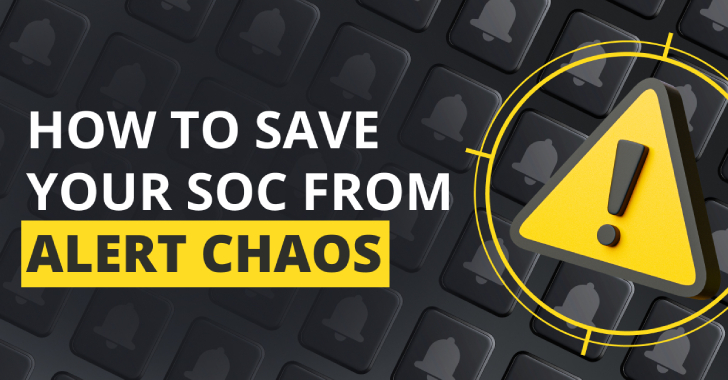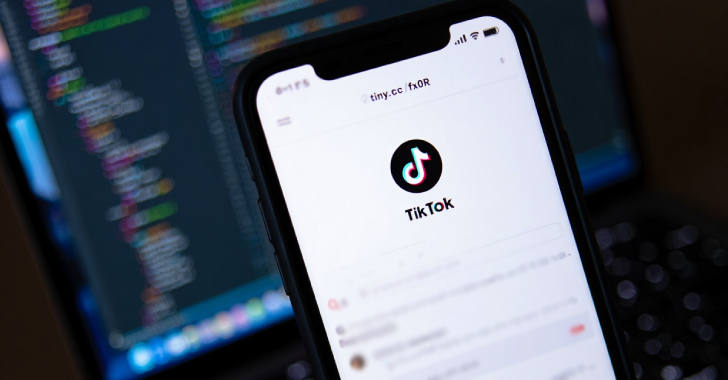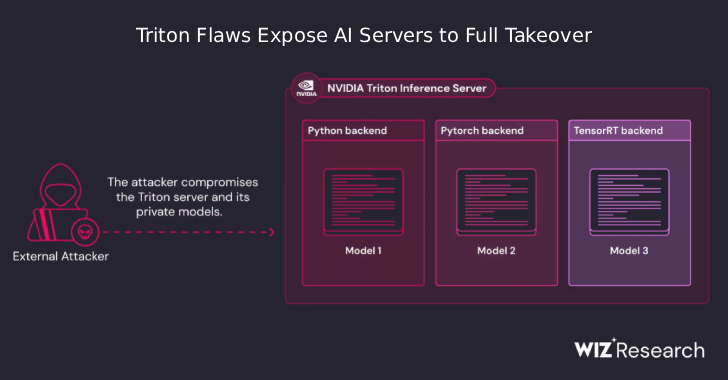
Frequently Asked Questions About Privacy Compliance
Privacy compliance is an ever-evolving terrain. As more of our lives transition online, protecting personal information and maintaining user trust have become top priorities for businesses around the world. But what exactly is privacy compliance, and why does it matter? Let’s delve into some frequently asked questions on the topic.
- What is privacy compliance?
Privacy compliance refers to the measures taken by businesses and organizations to ensure that they handle, store, and share personal information in line with established laws, regulations, and best practices. This could relate to data like names, email addresses, social security numbers, medical records, or any other personally identifiable information.
- Why is privacy compliance important?
At its core, privacy compliance is about trust and respect. Users and customers trust businesses with their personal data. Misuse or mishandling can not only lead to legal consequences for the business but can also irreparably damage its reputation. In many jurisdictions, privacy is considered a fundamental human right, making its protection a moral and legal imperative.
- Which laws and regulations govern privacy compliance?
There are numerous laws and regulations worldwide that focus on data protection. Some of the most notable ones include:
General Data Protection Regulation (GDPR): Enforced in 2018, GDPR is an EU regulation that provides guidelines for data protection and privacy for all individuals within the European Union.
California Consumer Privacy Act (CCPA): This U.S. law provides California residents with rights over how their personal information is used and shared by businesses.
Health Insurance Portability and Accountability Act (HIPAA): A U.S. regulation, HIPAA safeguards medical information.
Different countries and states may have their own specific laws. It’s vital for businesses to be aware of and comply with regulations relevant to their operations.
- How can businesses ensure privacy compliance?
Conduct regular assessments: It’s essential to regularly assess and review the data handling and storage practices to ensure they align with the latest regulations.
Transparent Privacy Policies: Clearly communicate the privacy practices and terms to the users or clients. This ensures they know how their data is used.
Data Minimization: Collect only the information that is absolutely necessary.
Train employees: All employees should be aware of the best practices for data handling and the implications of data breaches.
- What rights do individuals have regarding their data?
Under many privacy laws, individuals have several rights, including:
Right to Access: Individuals can request to see the data an organization has about them.
Right to Correction: If personal data is inaccurate or incomplete, individuals can ask for corrections.
Right to Erasure: Often called the “right to be forgotten”, individuals can request their data to be deleted.
Right to Object: Individuals can object to their data being used for specific purposes.
- What are the consequences of not complying?
Non-compliance can have significant repercussions, including hefty fines. For instance, under GDPR, businesses can face penalties of up to €20 million or 4% of the global turnover, whichever is higher. Beyond monetary penalties, businesses may suffer damage to their reputation, which can impact customer trust and loyalty.
- How has the rise of technologies like AI impacted privacy compliance?
With AI and machine learning analyzing vast amounts of data, there are increased concerns about data privacy. For AI models to be effective, they often require extensive data, raising questions about consent, data storage, and usage. Regulators are actively investigating how to ensure AI technologies respect user privacy.
- What’s on the horizon for privacy compliance?
With the continuous evolution of technology and the ever-increasing amount of data being processed, we can expect further tightening of privacy laws. Additionally, there’s a move towards global standardization. This means we might see more countries adopting stringent measures similar to GDPR. Moreover, as consumers become more aware of their digital rights, businesses that prioritize privacy compliance will likely be viewed more favorably.
In conclusion, privacy compliance isn’t just about adhering to laws—it’s about fostering trust, demonstrating respect for individual rights, and building lasting relationships with users and clients. In this digital era, where data is often dubbed ‘the new gold’, its protection should be paramount for all businesses.
Contact Cyber Defense Advisors to learn more about our Privacy Compliance solutions.





